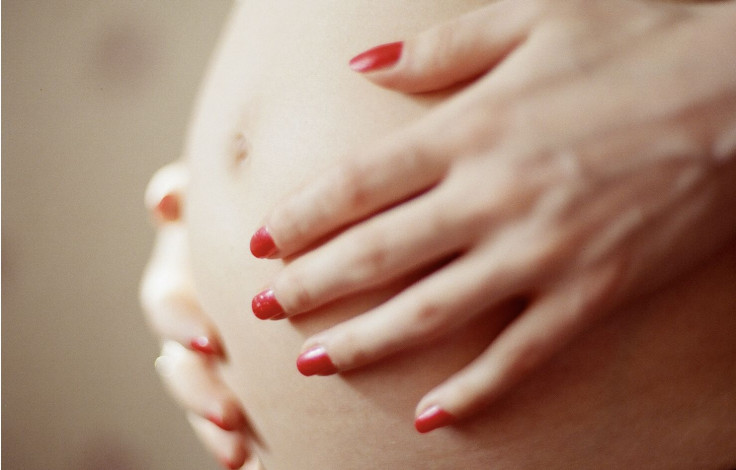Reddit User's Fitbit Data Helps Detect Early Pregnancy Symptoms

Fitbit has become the leading health and fitness wearable device on the market, with 9 million active users tracking their daily physical activity, exercise, food, weight, sleep, and heart rates worldwide. But for one New York City woman, her Fitbit’s data also served as an unconventional pregnancy test.
It all started when her husband, who only identifies himself as David, posted on a Reddit thread about the issues his wife was experiencing. He suspected there was a problem with the device’s sensor, which he reported was “showing her heartbeat being consistently high over the last few days.” Her resting heart rate would reach up to 110 beats per minute for a few days in a row, according to the Fitbit. Meanwhile, according to the American Heart Association, a normal resting heart rate for adults ranges from 60 to 100 beats per minute. Again, David and his wife dismissed it as a glitch.
“I’m not sure if something is wrong with the sensor,” David wrote in his Reddit post. “Is there a way to reset or recalibrate the device? I’d like to try that before I contact customer service about a possible replacement.”
But the plot thickened when one day she logged 10 hours in the fat burning zone, which would have been an impossible calculation based on her physical activity levels that day. While some Reddit users responded to David with warnings about the possibility of issues with the device’s new software update, one user asked if it was possible that his wife was pregnant.
After a pregnancy test and trip to the doctor, they discovered she was in fact one month pregnant. The couple had been trying to get pregnant for a few months, but didn’t know that a higher than normal heart rate was a symptom of pregnancy. Most people look for the commonly recognized signs of pregnancy, such as tender, swollen breasts, nausea, vomiting, fatigue, increasing urination, and food aversions.
But according to Women’s and Children’s Health Network, during the first 12 weeks to 3 months of pregnancy, a woman’s body must work harder, which causes her heartbeat and breathing rate to increase. Changes in blood production, metabolism, sense of exhaustion, and difficulties concentrating are also some of the earliest changes a pregnant woman’s body goes through.
“I never even knew that was a legitimate symptom,” David told Buzzfeed, who also added their due date is October 2016. “We were both obviously very surprised, very happy. It’s definitely a great story to tell [the baby] one day about how it happened.”



























